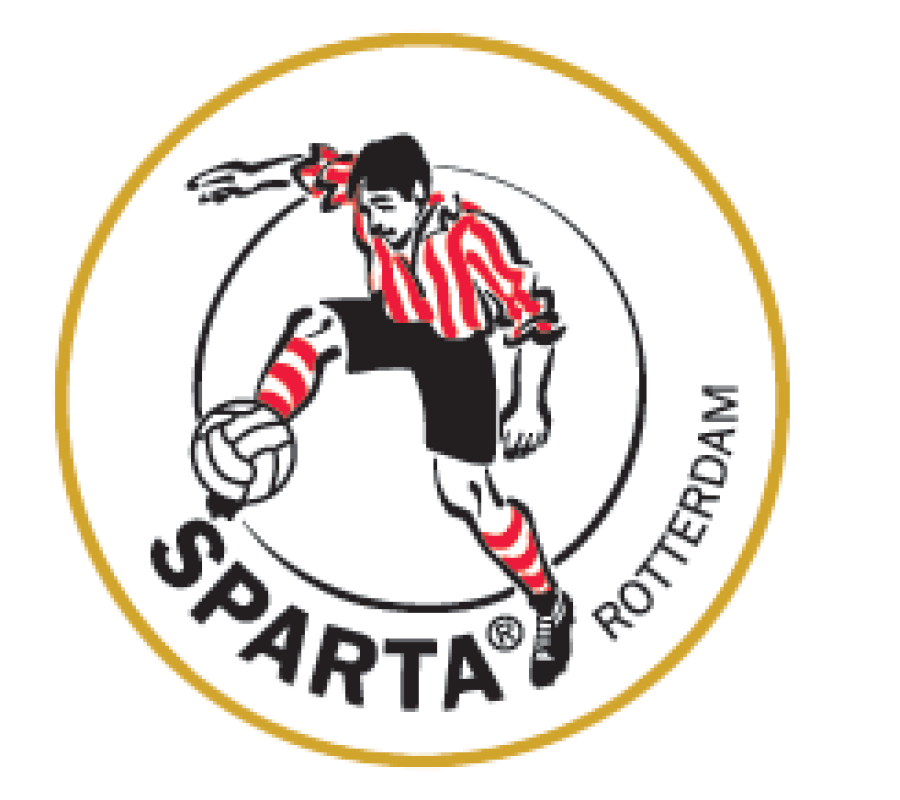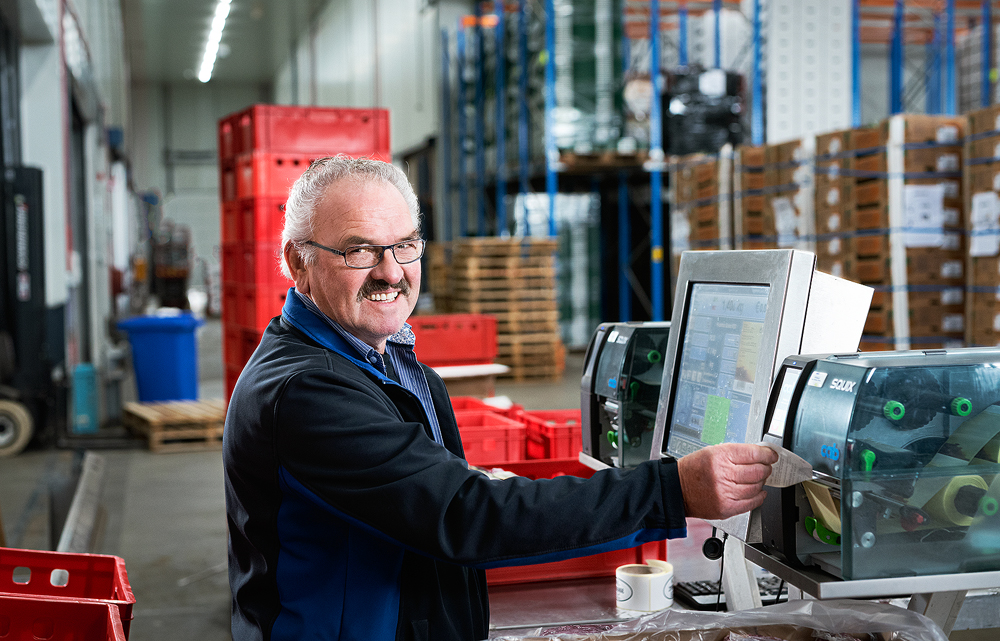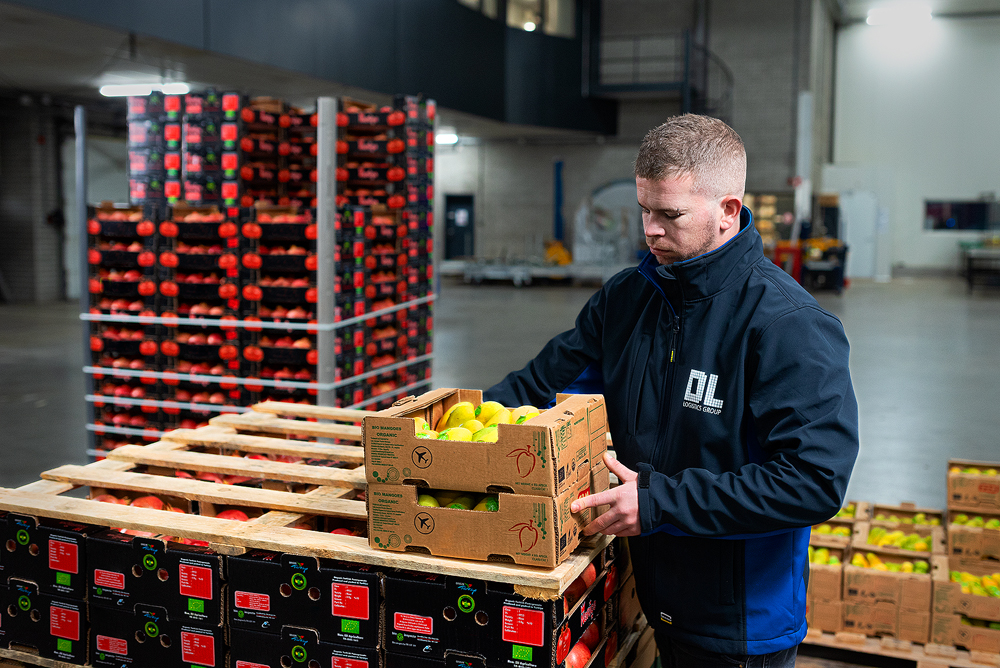Packaging plays an essential role in our daily lives. On average, every Dutch person opens about seven packages a day. From food to new electronics, almost everything we buy is packaged in one way or another. But how does one choose the right packaging material and what are the advantages and disadvantages of the various options?
On a day-to-day basis, plastic is often used to package fresh goods. This is because plastic is an excellent way to keep fruits and vegetables fresh longer. It helps retain moisture, preventing the product from drying out and losing its freshness. Although plastic has a negative reputation when it comes to environmental friendliness, it is just as recyclable as paper. However, it is important to carefully separate plastic from regular waste and make sure it does not end up in nature, where it does not degrade.
Paper is another popular material for packaging. It has the advantage of being versatile in terms of shape and printing. In addition, it is biodegradable, making it a more attractive choice for environmentally conscious consumers. But paper also has a downside: it requires more raw materials in production, meaning its impact on forests is greater than plastic. This brings us to the choice of environmentally friendly packaging, for which there is no single answer. Which is the best option depends on what you care about: recycling or biodegradability.
Safe packaging is key
Safety is another important factor when it comes to packaging. Packaging should not release harmful substances to the food and should not affect the taste, smell, color or firmness of the product. This ensures the safety of the packaged food and consumer confidence in the product.
DL is a company that specializes in packaging fresh goods. With years of experience in the industry, we can provide advice on choosing the right packaging and provide labels with such things as expiration dates. Moreover, we offer safe storage facilities for goods, including refrigerated and certified areas for (organic) fresh produce.
With DL’s knowledge and expertise, companies can efficiently pack and store their fresh goods. DL provides a complete solution for logistics needs, from packaging to storage, helping companies keep their products safe and fresh.
For more information or an introduction can you contact us and we are happy to help with any packaging and logistics questions.



